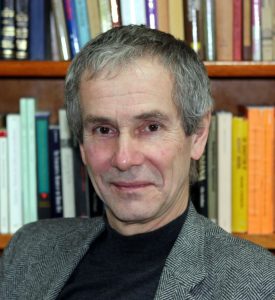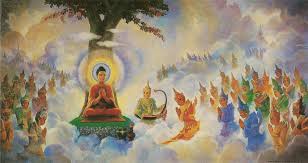Mark Siderits
Professor Emeritus of Philosophy, Illinois State University
Non-self and “Religion”: Buddhism’s anti-essentialist challenge to the category
Tuesday, October 18, 5:00pm, Swift 201
Buddhism has been viewed as something of an outlier in the category of major religions. Among reasons given for this judgment are its atheism, its denial of immortality, and its allegedly ‘scientific’ outlook; but these do not stand up to critical scrutiny. Perhaps more significant is the anti-essentialism to be found at the core of its solution to the problem of existential suffering. An investigation of the role of non-self in the Buddhist account of liberation from suffering suggests that what we find in the Buddhist tradition is soteriology without teleology.
The Workshop on the Philosophy of Religions is committed to maintaining itself as a fully accessible and inclusive workshop. Please contact Workshop Coordinator Matthew Peterson (mjpeterson@uchicago.edu) in order to make any arrangements necessary to facilitate your participation in workshop events.



